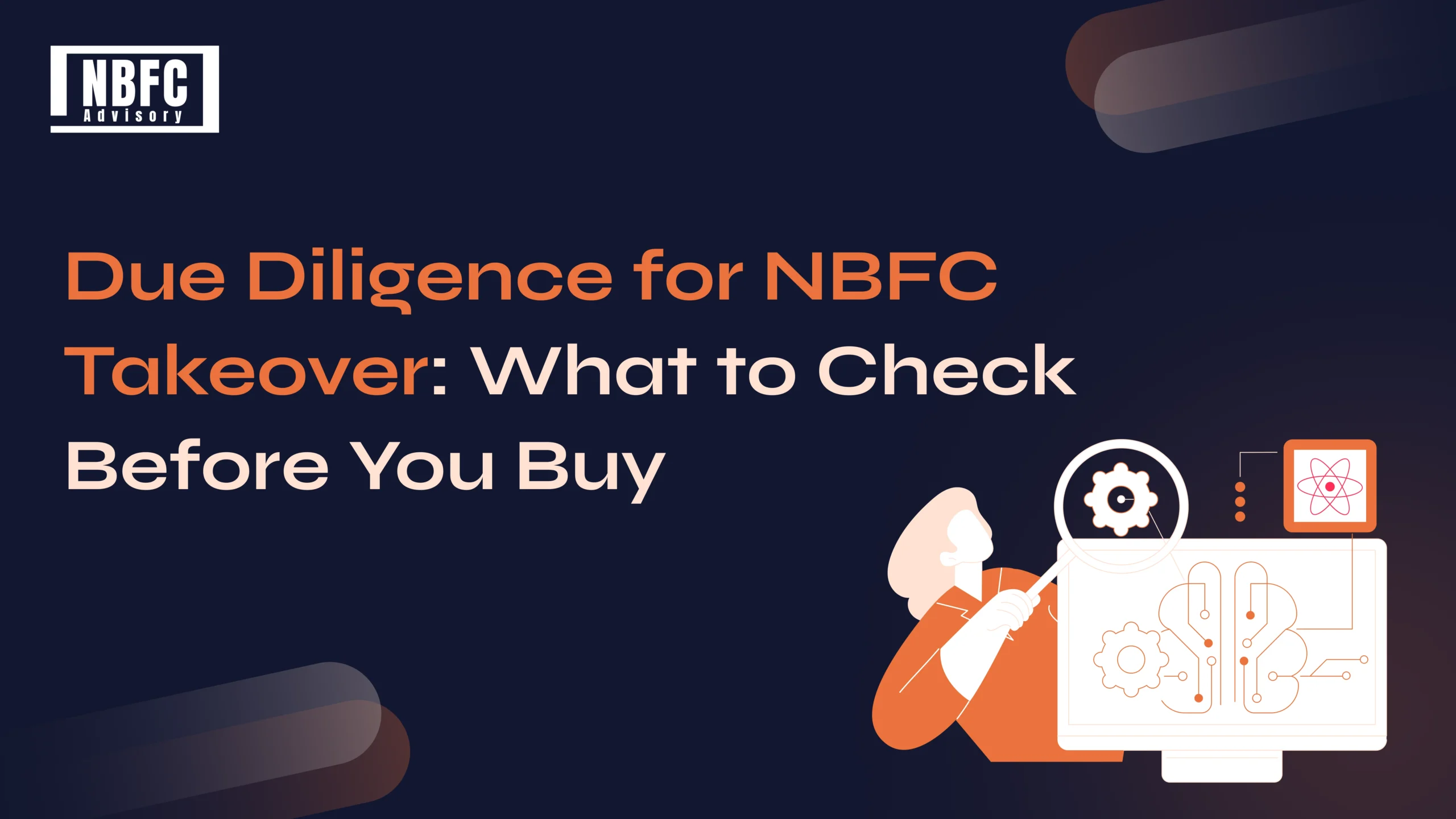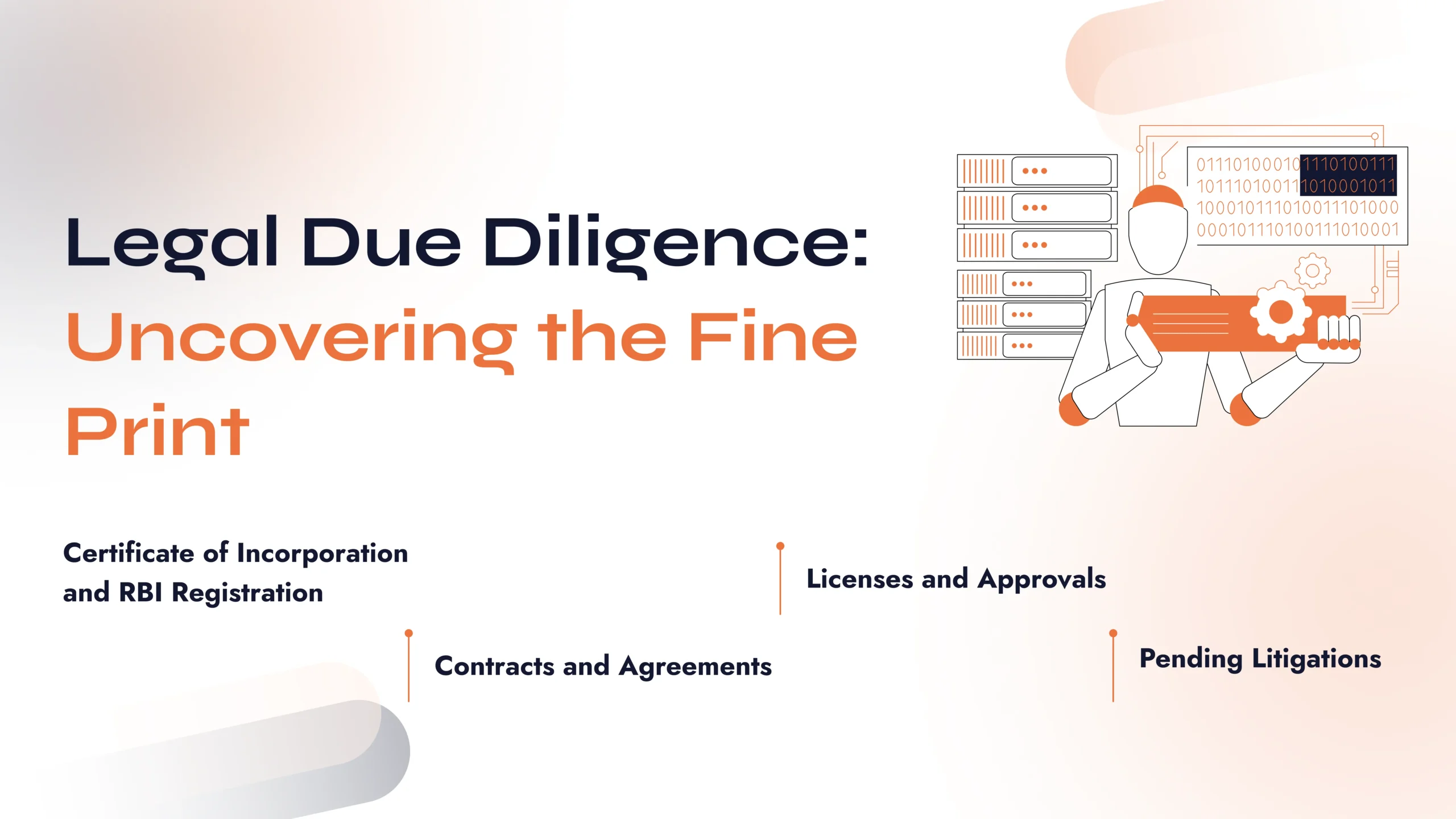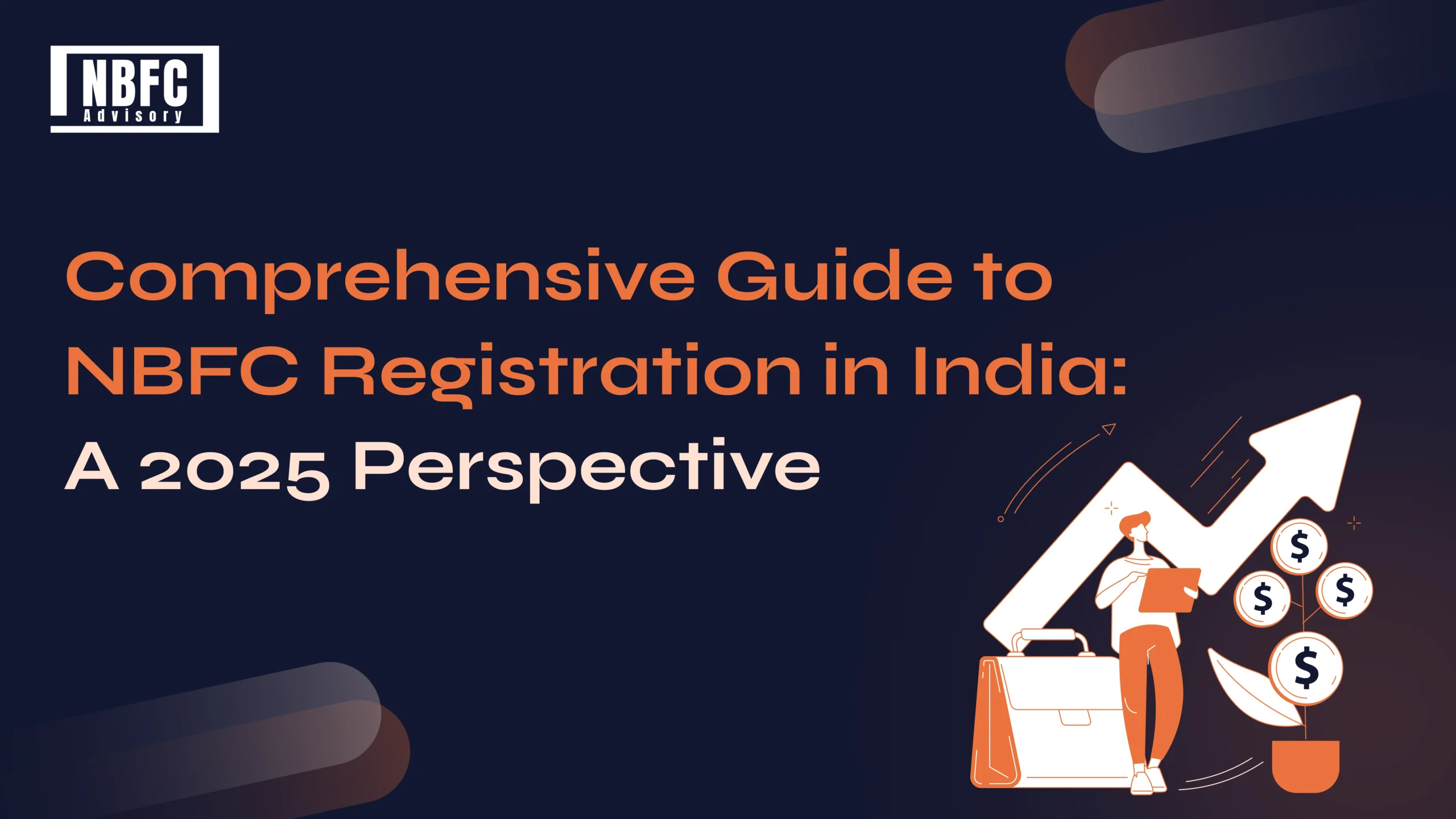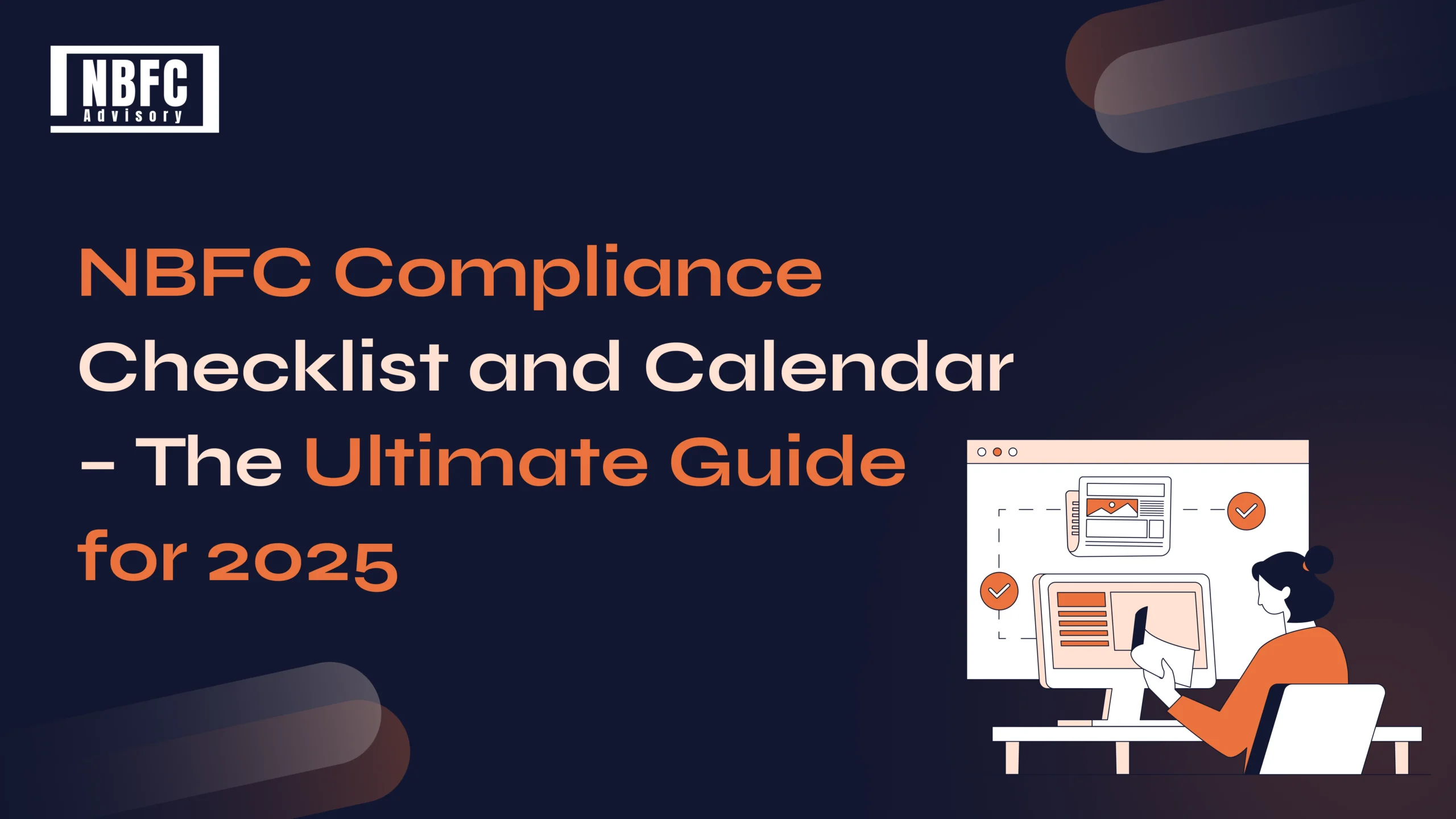Non-Banking Financial Companies (NBFCs) are now a key part of India’s financial system. They provide loans, credit, and other services to people and businesses, especially in areas where banks cannot reach. For investors, owning an NBFC offers a chance to grow, attract more customers, and enter new parts of the financial market.
Taking over an NBFC has its risks. Hidden debts, compliance gaps, or poor management can cause big problems later. That’s why due diligence matters—it ensures the deal is safe, legal, and worth the investment. It is not just a box to tick—it is the step that makes sure the acquisition stays secure, compliant, and truly profitable in the long run.
Due Diligence Explained: More Than Just Paperwork
Due diligence means carefully checking an NBFC’s records, operations, and compliance before buying it. You can think of it like a health check-up for the company. It gives investors a clear picture of the NBFC’s financial strength, business performance, and legal status.
- Legal due diligence looks at documents like registration papers, licenses, contracts, and any court cases.
- Financial due diligence reviews audited accounts, debts, cash flow, and overall stability.
- Compliance due diligence checks if the NBFC is following RBI rules and other laws.
When done well, due diligence helps investors avoid surprises and make safe, confident decisions.
NBFC Takeover Checklist: Key Aspects to Verify
The NBFC takeover checklist acts as a key guide, helping buyers stay on track during the deal. Initial evaluation involves history, leadership quality, market reputation, and business model stability.
The next step is to check NBFC financial standing from the latest audit reports. An NBFC audit highlights whether assets and liabilities have been exactly presented. A compliance check ensures the NBFC follows RBI rules and other legal requirements. Ongoing disputes or cases should also be reviewed to detect risks.
Legal Due Diligence: Uncovering the Fine Print
Legal due diligence helps investors uncover risks early. It focuses on reviewing:
- Certificate of Incorporation and RBI Registration – These confirm that the NBFC is legally recognized.
- Licenses and Approvals – Ensuring the NBFC has all required permissions to operate.
- Contracts and Agreements – Reviewing loan agreements, vendor contracts, and customer commitments.
- Pending Litigations – Checking if the NBFC is involved in disputes, lawsuits, or regulatory actions.
It is also important to check whether RBI approval is required for the takeover. Skipping this step could delay the acquisition or even make it invalid.
Financial Due Diligence and the Role of NBFC Audit
Financial due diligence helps investors judge the true worth of an NBFC. A thorough audit can reveal:
- Undisclosed loans or unpaid liabilities that could reduce future profits.
- Overstated assets that look strong on paper but have less real value.
- Weak cash flows that signal difficulties in meeting obligations.
An accurate financial check helps buyers negotiate the right valuation and avoid overpaying.
Ensuring a Robust Compliance Check
Compliance is the backbone of NBFC operations. Every NBFC must follow RBI’s strict norms on:
- Capital adequacy – Minimum capital requirements.
- Reporting obligations – Regular filings and transparency with the RBI.
- KYC and Anti-Money Laundering (AML) norms – Ensuring all customers are verified.
- Fair practices code – Protecting customer interests.
If an NBFC breaks compliance rules, it may face fines, restrictions, or even lose its license. That is why it is important to check both past compliance records and current practices. This review gives buyers confidence that the NBFC is working in a safe and legal way.
Practical Steps Before Finalizing an NBFC Takeover
- Build a due diligence checklist that matches your acquisition goals and covers legal, financial, and compliance areas.
- Work with experienced NBFC advisors who can guide you through RBI regulations and spot hidden risks.
- Review key records and people by verifying RBI filings, checking returns, and speaking with management to assess transparency and capability.
- Verify all RBI filings and returns to ensure accuracy.
- Review loan books and customer data to evaluate repayment quality.
- Obtain a compliance certificate from auditors or advisors.
Skipping any of these steps can result in penalties, hidden costs, or loss of reputation.
Conclusion
Taking over an NBFC is not just about money, it is a smart move that can change the future of your business. But if you skip due diligence, the risks are high. You may face fines from regulators, hidden loans, weak compliance, or even a poor customer base.
The best way forward is to follow a clear NBFC takeover checklist. This should cover legal, financial, compliance, and operational checks. With the help of expert NBFC advisors, the process becomes smoother and stays in line with RBI rules.
Strong due diligence not only safeguards your investment but also strengthens your reputation in the market. With today’s strict regulatory checks, taking a closer look at every detail gives you the assurance to move forward with an NBFC purchase in a safe way while securing long-term growth.







